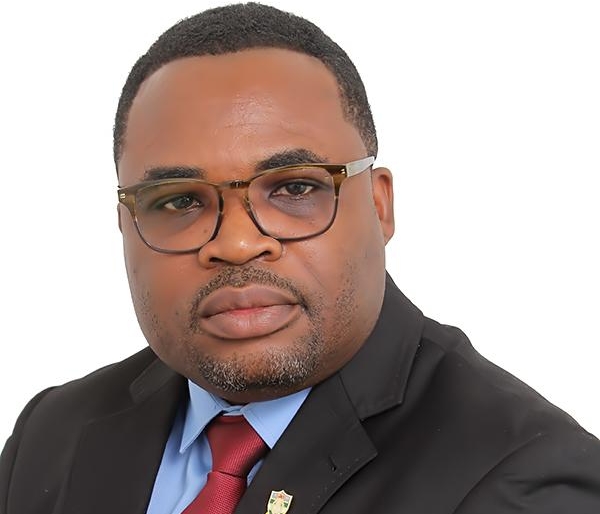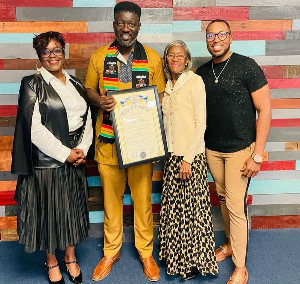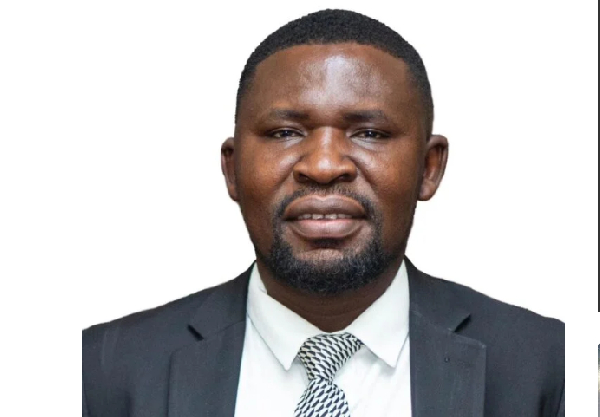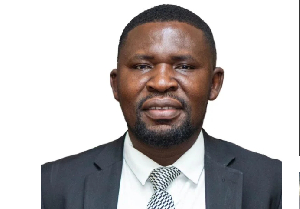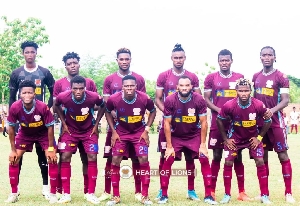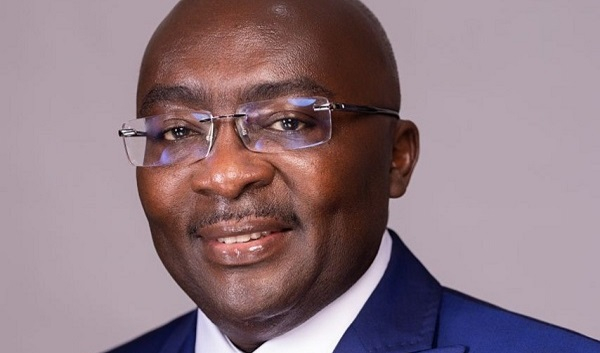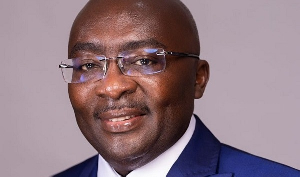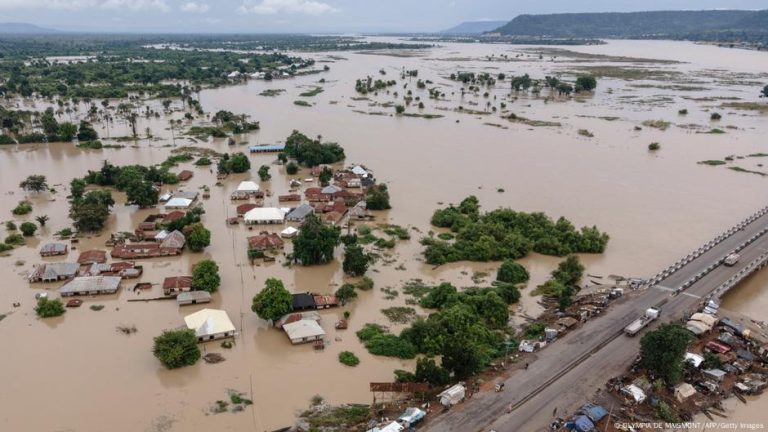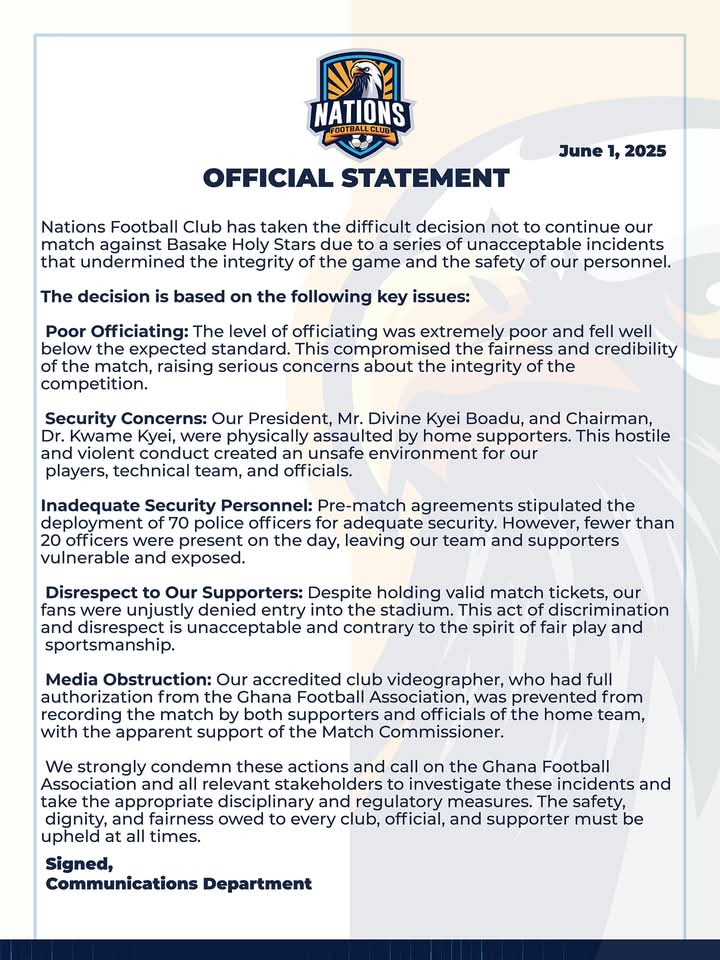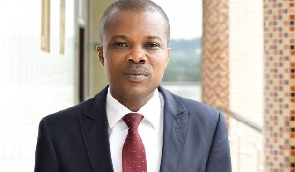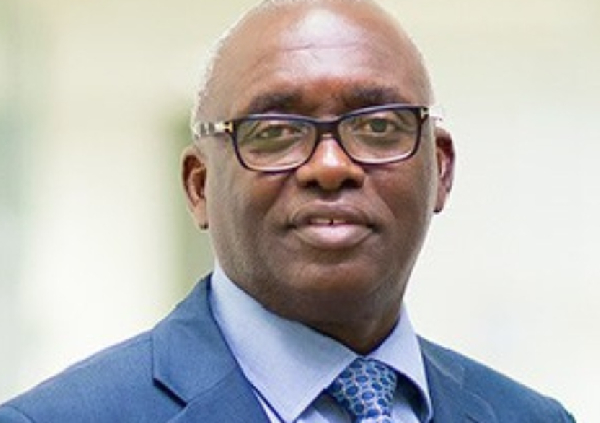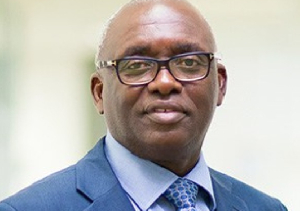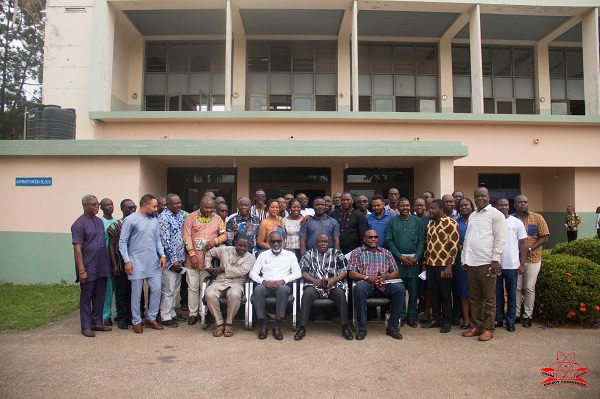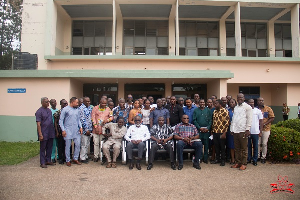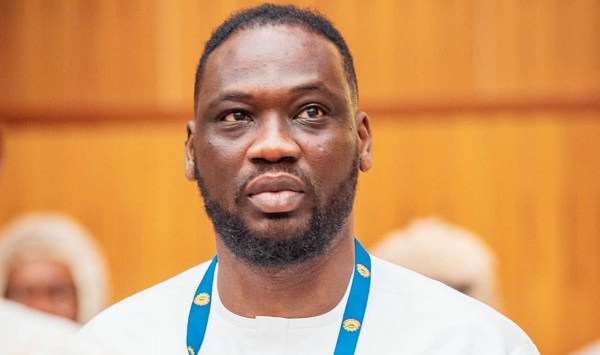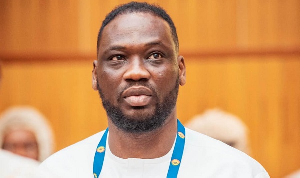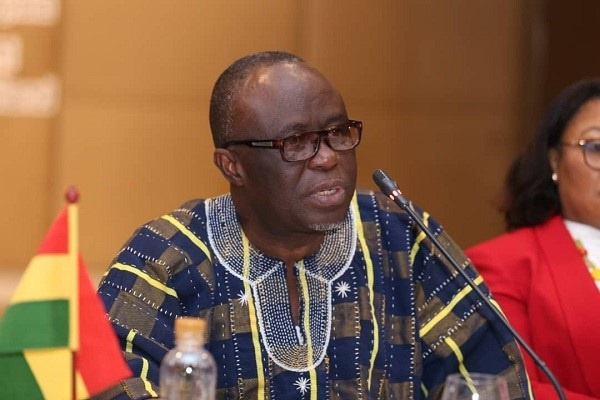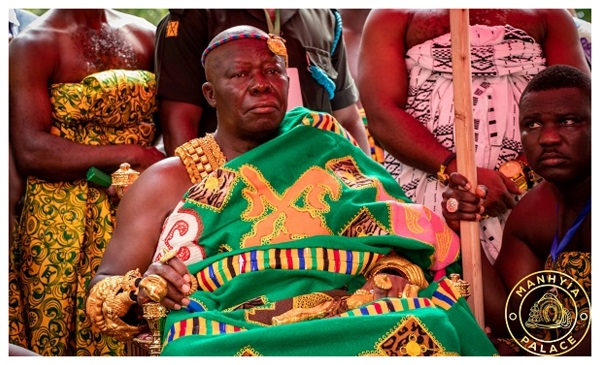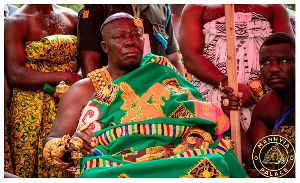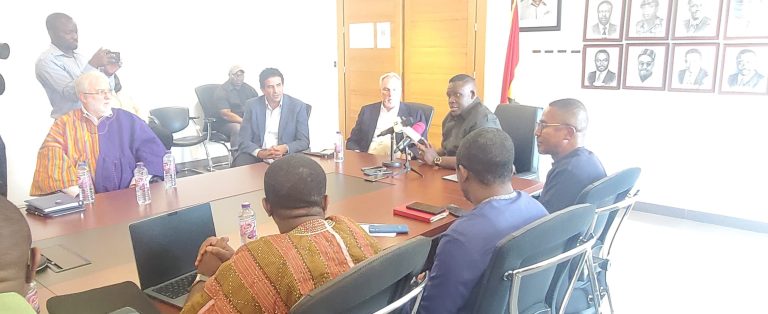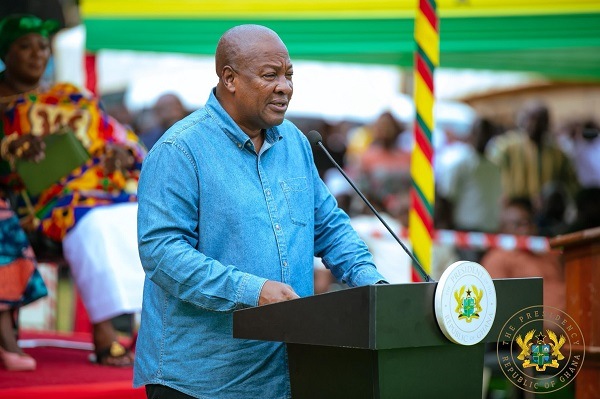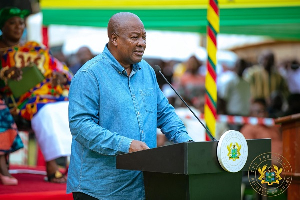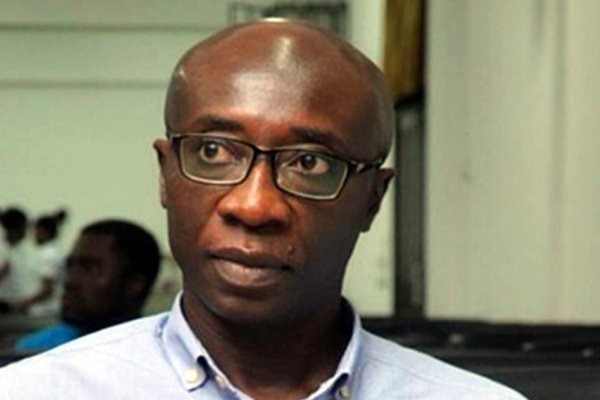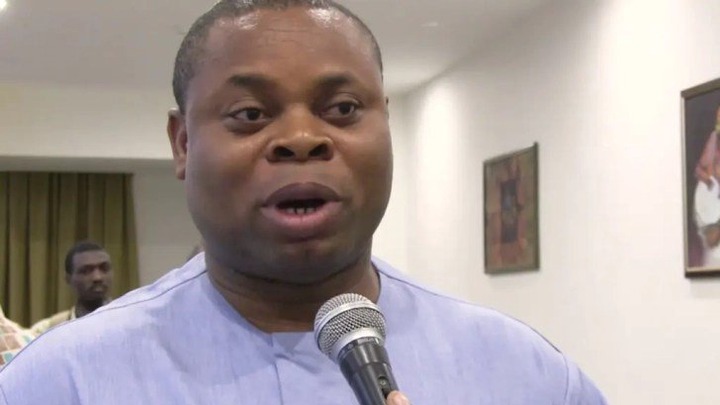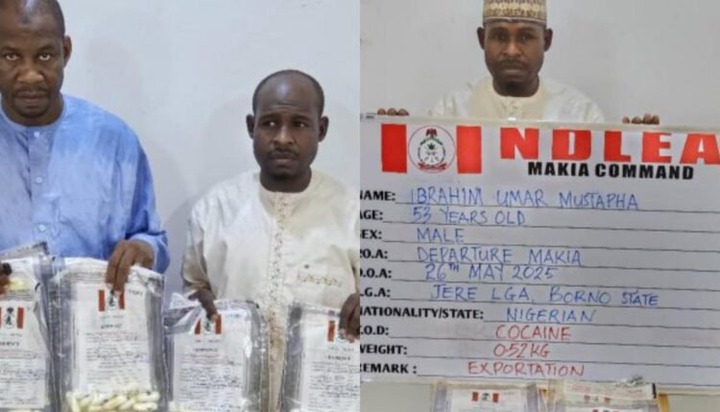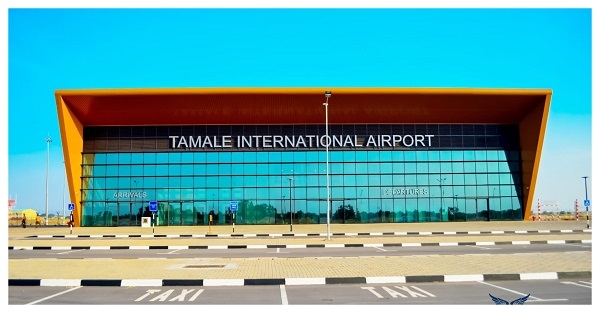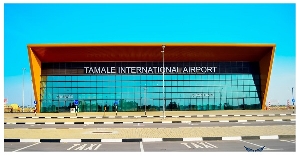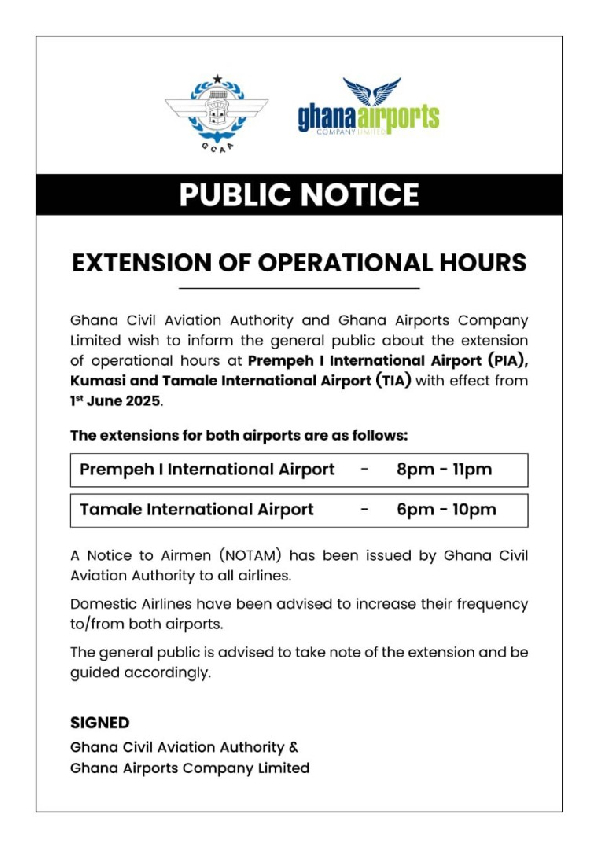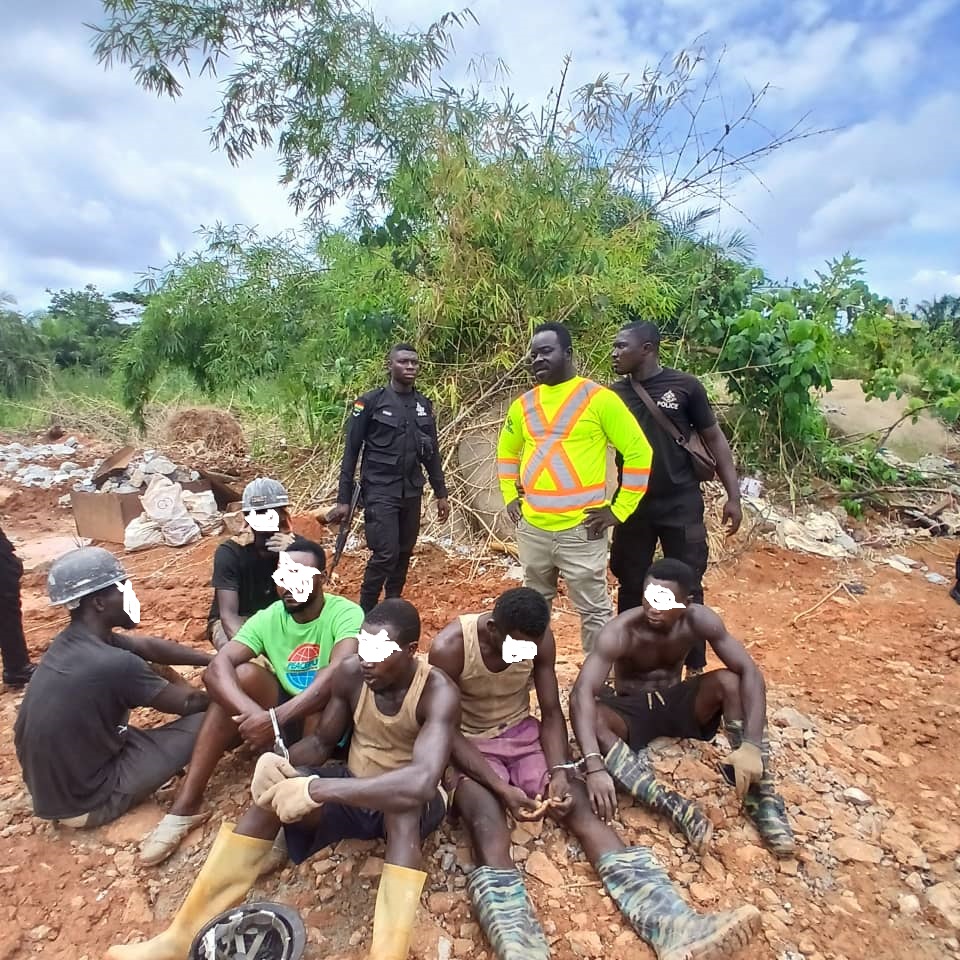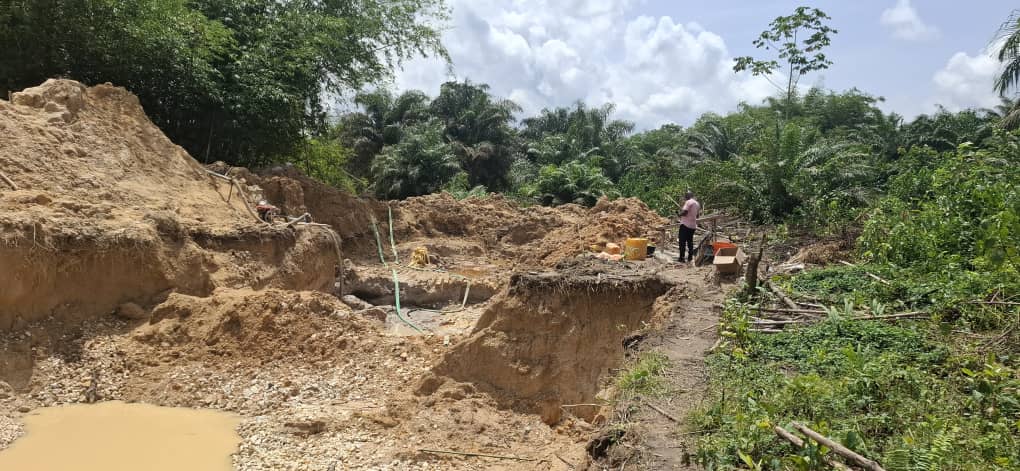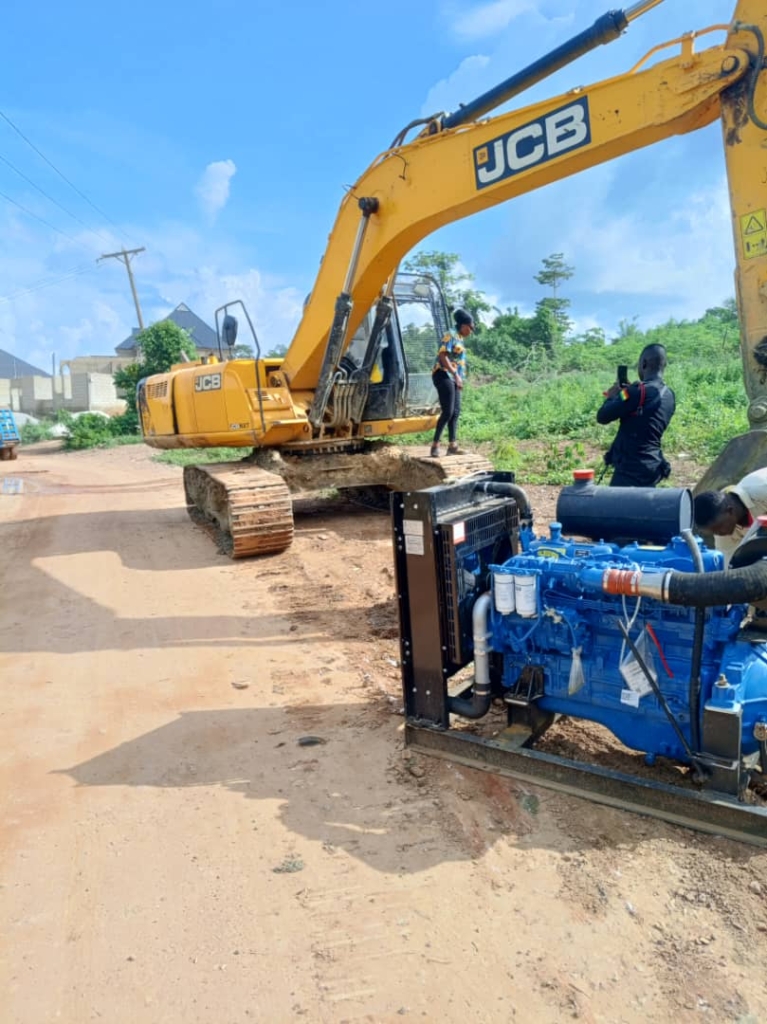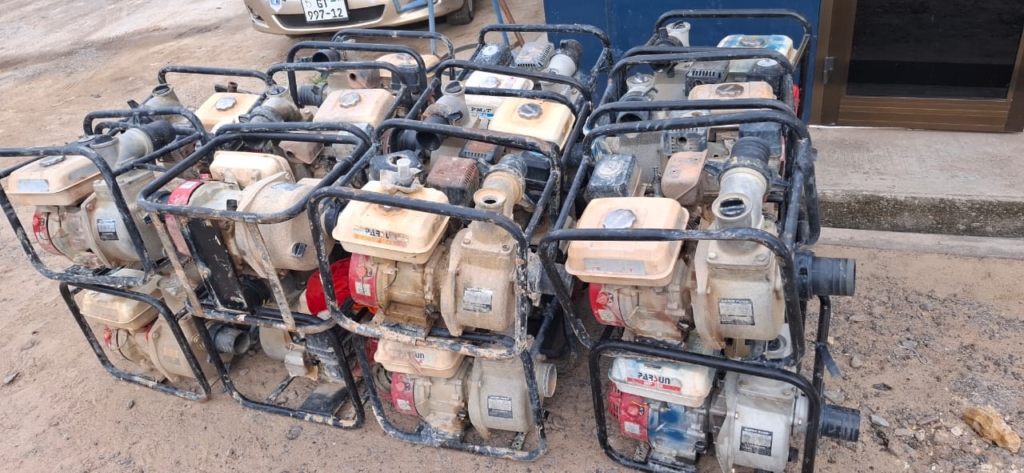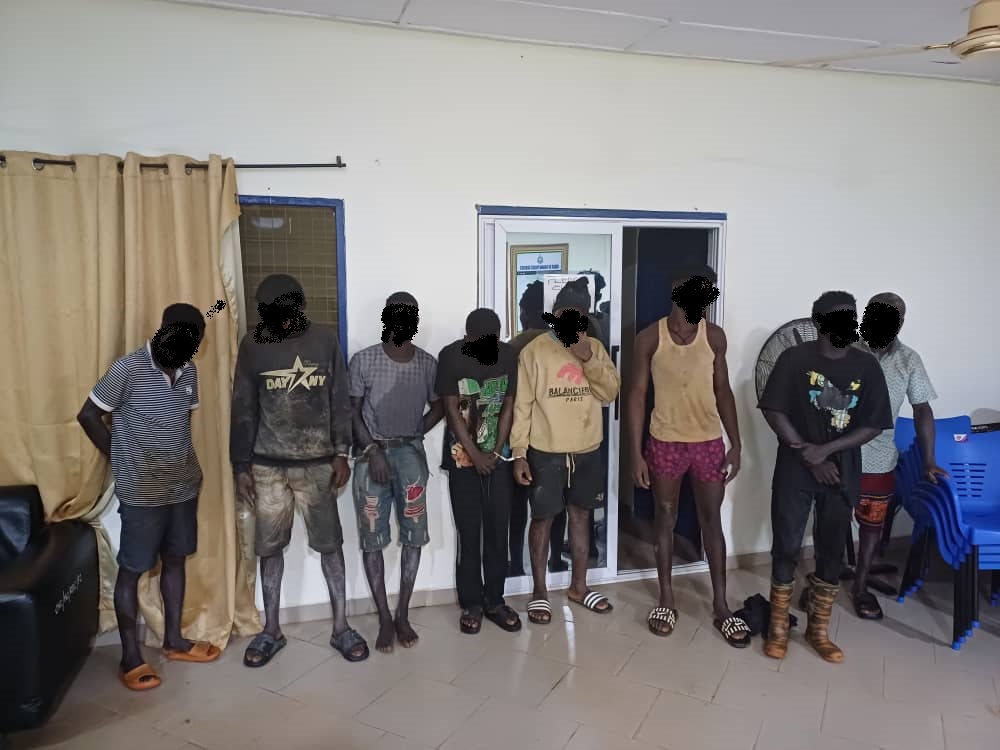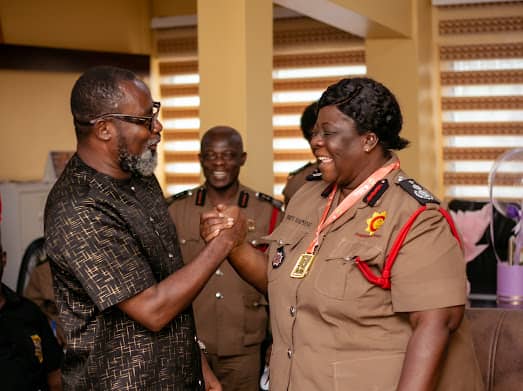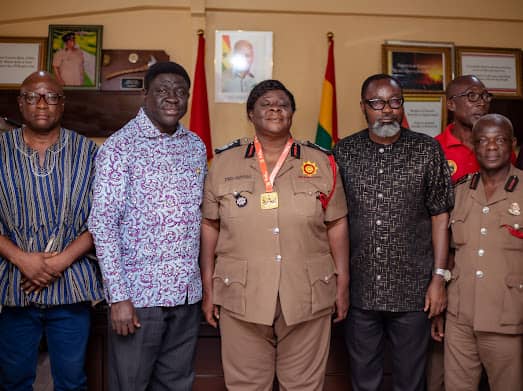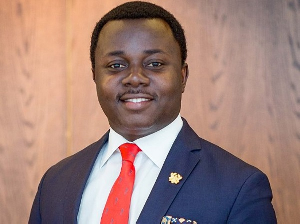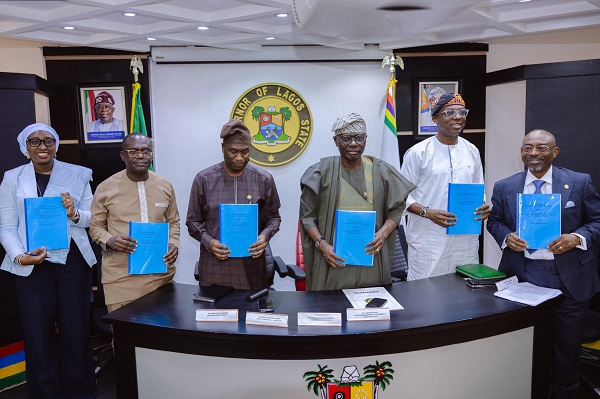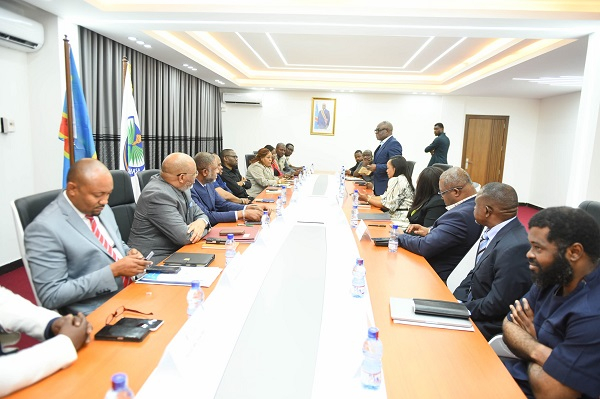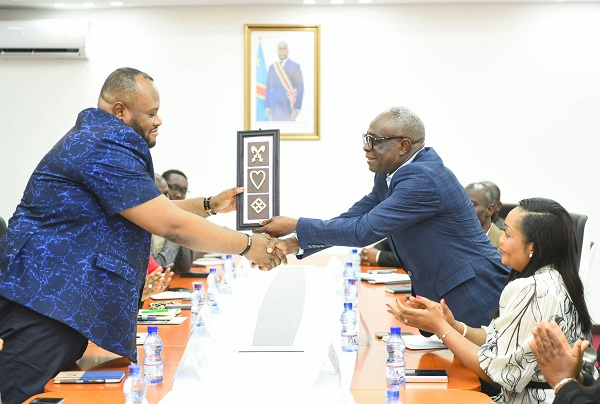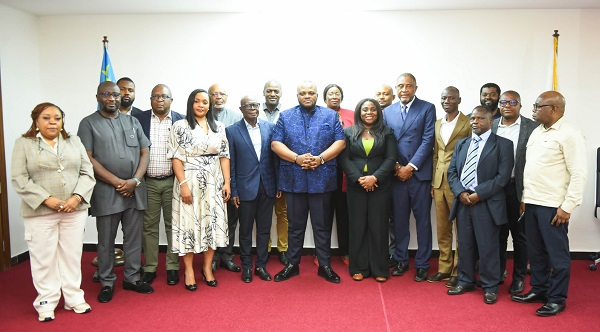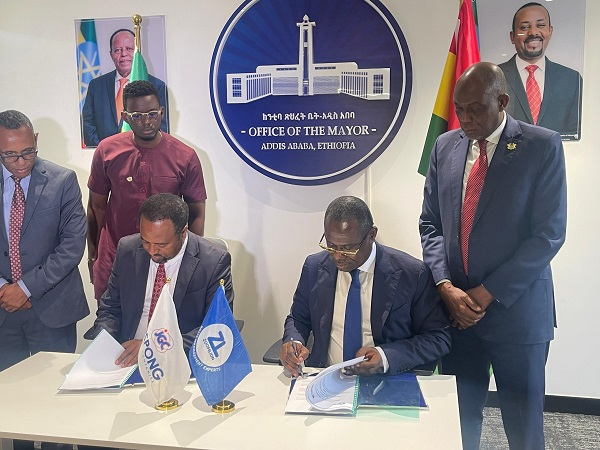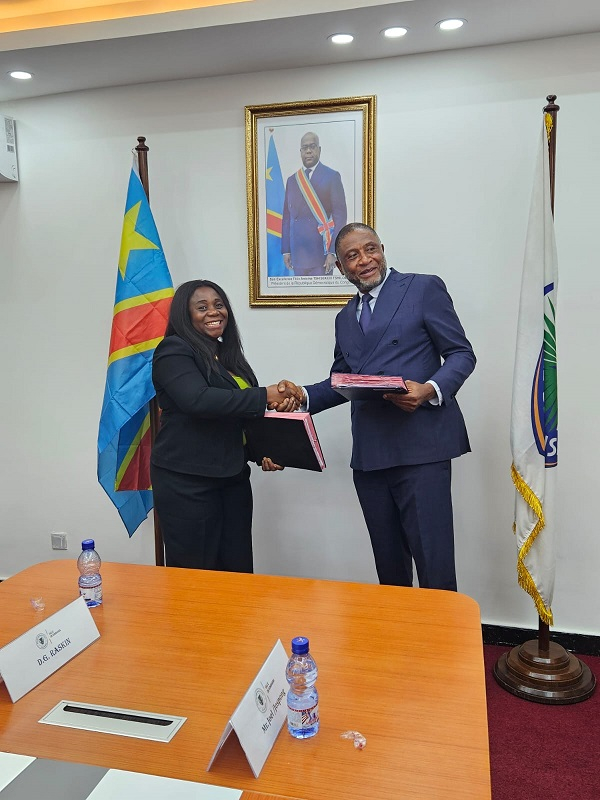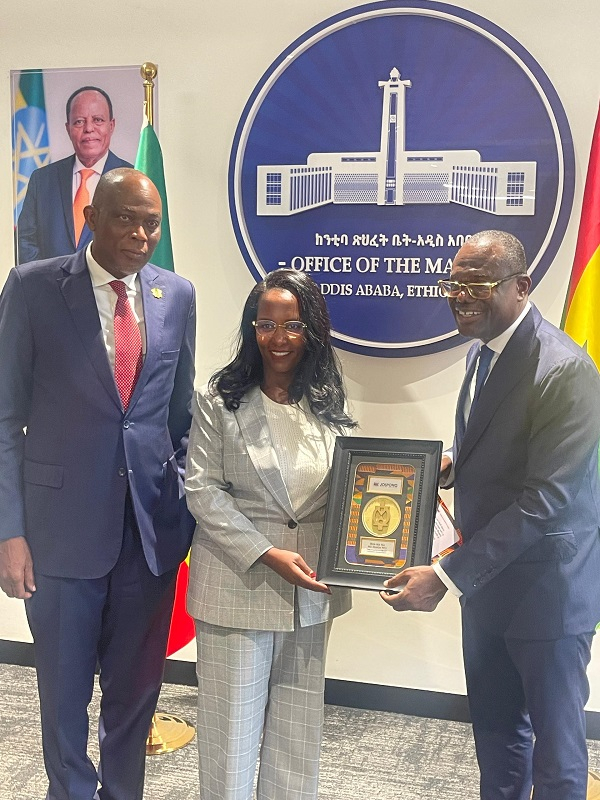Medical tourism, which involves travelling to another country specifically for medical care, when well organised, is a potential revenue source for any nation.
Often driven by lower costs or the availability of treatments not readily accessible in a patient’s home country, the trend has become a global industry, with people from various countries seeking treatments in destinations like India, Turkey, Thailand and Mexico.
While offering potential benefits like cost savings and access to specialised procedures, there are a few potential risks related to language barriers, quality of care and disease transmission to consider.
Out of the passion to effectively promote medical tourism to Africa, particularly here in Ghana with an aim to make the country a hub in West Africa, the African Medical Tourism Council (ATMC) was inaugurated two years ago to lead in the establishment of international networks of healthcare providers, travel agencies and other stakeholders to partner with different countries to share knowledge, exchange best practices and collaborate on research and development to attract medical tourism to the country.
Declaring it as a “national product whose value is buried in the team collaboration of medical facilities, travel support and concierge services, the time has come to establish a centre where the collaborative effort of stakeholders can be coordinated to create a strong, sustainable and successful medical tourism industry,” affirms founding President, Dr. Koby Appiah-Sakyi.
Recently, ATMC partners gathered at the Royal Beulah Hotel in East Legon to strategise on the way forward. PaJohn Dadson takes a look at the outcome of that meeting and what the future holds for the industry in Ghana.
In Africa, besides South Africa which commands quite a bit of the medical tourist market, the potential for Ghana – in West Africa – is huge, a ready gold mine poised for extraction!
The average spend of Ghana’s 1 million visitor arrivals, besides air transportation in and out, is about US$1200. Juxtapose this with the average spend of a medical tourist which stands at about US$5000.
And this is a very modest estimate. Presently, only about some forty thousand tourists come to Ghana for medical care a year. This can easily be quadrupled to 180k, should Ghana get intentional about promoting that aspect of its tourism.
As was established at the foundation of the African Medical Tourism Council, medical tourism is undoubtedly a potential revenue source for entire countries, and it takes an alliance of government and private sector partners to work together to build this niche industry.
No one company, agency or individual can single-handedly take on the role of promoting the sector sufficiently enough to achieve success for any one country, let alone the entire continent.
In promoting medical tourism, you promote the whole country like we do leisure vacations, and not individual facilities. It, therefore, behoves the government to ensure that a high premium is placed on it as a priority ‘tourism product’. Otherwise, it misses the point.
The point is, aligning the private sector’s credentials and aspirations with government’s policies and plans means government boldly taking on the responsibility of funding a budget for the marketing of Ghana’s tourism products at relevant international fairs and on roadshows will go a long way to help to boost the country’s competitiveness as a medical tourism destination.
In Asia, for instance, of the 15 million tourist arrivals that Thailand – a country that enjoys world-wide reputation for hospitality – receives a year, about 5 million come for health-related tourism.
What started in the 1980s – but really taking off in 1990s – has soared exponentially with, for example, Bumungrad International Hospital alone hosting 1.1 million patients a year.
While the initial focus was on cosmetic surgery, today, they have diversified into all areas of medical care, with the government backing the effort with globally sponsored promotional campaigns like ‘Amazing Thailand’!
BIH works with tour agencies to sell their services across the world – vacation plus medical check up! There is a comprehensive medical concierge service that helps with curating value for the quality and services Thailand provides. In the Asia region, they are the country of choice.
Conversely, here in Ghana, all tourism promotional efforts are of a general leisure recreational appeal. And even that, there seem hardly enough resources available for global campaigns. But, there’s a huge market even within the West Africa sub-region alone that can be targeted.
Currently, Ghanaian patients who can afford it are actually being referred to medical facilities and destinations in Europe and elsewhere. The goal of AMTC is to identify and position medical tourism (MT) development as an important national priority.
“Working together, we do more with less,” states Dr. Koby Appiah-Sakyi, AMTC President, who chaired the Accra stakeholders meeting.
The meeting sought to appraise what has been done so far in the run-up to “making medical tourism a national revenue source in Ghana, the initial focus country of the council”.
Present at the meeting were teams from the Ghana Tourism Authority (GTA) – led by its Corporate Affairs Director, Ghana Investment Promotion Company (GIPC), Ghana Export Promotion Authority (GEPA), Ghana Hotels Association (GHA), Ghana Progressive Hotels Association and a number of key tourism and healthcare agencies.
So far, the AMTC – through its current funding sources of subscriptions and private donations – runs a small office. The meeting highlighted this and opened up for new ideas that would help make better impact through collaboration.
“Besides the need for a video documentary which will tell our story in both English and French, our most pressing need, our primary goal, is to have a place, a ‘centre’ from where we can administer and better coordinate our activities,” notes Dr. Appiah-Sakyi.
Currently recruiting non-medical service partners like allied tourism services, an executive group, to oversee operations has been formed, with a service standard and code of practice for healthcare facilities and non-HC partners even established. So far, a number of key health facility partners have already signed MoUs accepting to adhere to the standards.
The executive committee has already travelled, firstly to Nigeria and then to Turkey, to assess how Ghana compares. There, they found that it is well-designed partnership between government & public/private medical facilities that is bringing significant revenue to Turkey.
That is the path AMTC wants to follow.
In West Africa, Ghana’s healthcare system is generally well-regarded for having made significant strides, especially in a number of state-of-the-art medical facilities offering advanced care and technology.
There’s a lot going for Ghana though. It is a respected nation with quite a reputation as a sturdy democracy with a developed medical care which can attract a ready clientele from within the West African sub-region. All that is needed to be done is a deliberate commitment to present the country as a medical tourism hub to the world.
“We don’t want to work in silos,” emphasises Dr. Appiah-Sakyi. “We need to collaborate, to partner up to achieve our goals. That’s the only way.”
There’s a need to enhance the competitiveness of Ghana as a destination for medical care, as well as augment and expand the capabilities of the nation’s health facilities to provide more complex care that meet the needs of Africans travelling to Europe and Asia for care.
Ultimately, we must work to support the building and development of new world-class medical facilities similar to the ones providing care in Asia & South Africa, and develop sustained and effective marketing strategies to promote them.
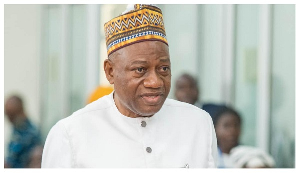 Minister for Labour, Jobs and Employment, Dr. Abdul-Rashid Hassan Pelpuo
Minister for Labour, Jobs and Employment, Dr. Abdul-Rashid Hassan Pelpuo




